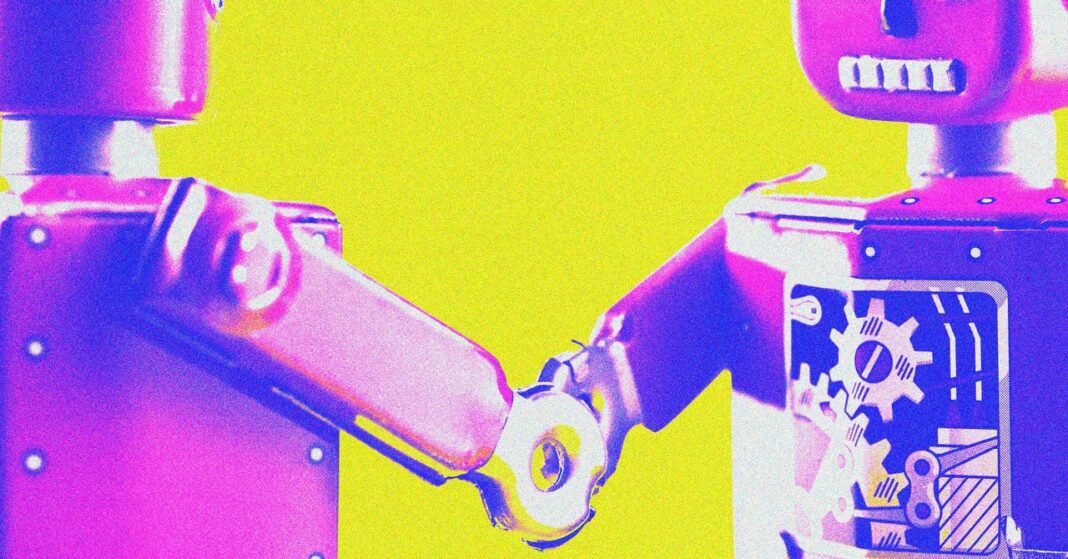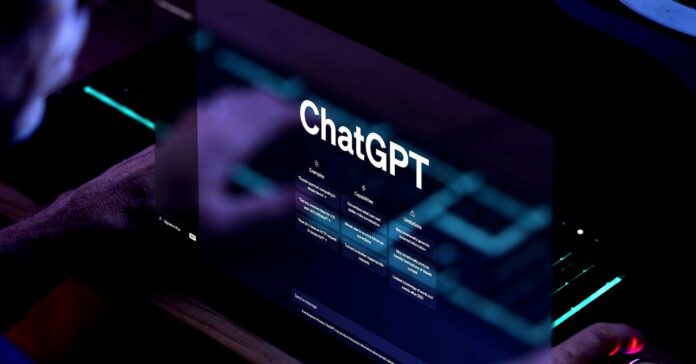In Short:
Researchers have developed an open source software called AutoGen to help AI chatbots collaborate and solve problems more effectively. By working together, AI agents can tackle math problems, analyze code, and even reason through ethical dilemmas. This collaborative approach can mitigate the limitations of individual AI models and potentially lead to more powerful and human-like interactions. The future of multi-agent AI collaboration is promising, but also comes with new challenges and complexities.
AI Chatbots Collaborate to Solve Complex Problems
Collaboration is known to enhance problem-solving abilities, and now AI chatbots are proving it to be true for them as well. A recent development by researchers at Microsoft and academic institutions like Pennsylvania State University, the University of Washington, and Xidian University in China has led to the creation of AutoGen, an open-source software framework for AI agent collaboration. Powered by OpenAI’s GPT-4 language model, AutoGen allows the creation of multiple AI agents with different personas, roles, and objectives to work together on solving specific problems.
Experiment with AI Collaboration
To test the efficacy of AI collaboration, researchers experimented with two AI agents – a “reporter” and an “editor,” discussing the complexities of writing about AI collaboration. The agents acknowledged the importance of showcasing industries utilizing multi-agent AI and delved into ethical dilemmas posed by the technology.
Enhancing AI Power through Collaboration
Research has shown that collaborative efforts among AI agents lead to more reliable solutions to complex problems. By working together, these agents could effectively solve math problems, analyze chess scenarios, refine computer code, and even exhibit human-like behaviors when assigned different personality traits.
Future Implications of Multi-Agent Systems
Despite the promising results, experts caution that the incorporation of multi-agent systems introduces complexities that may lead to new types of errors. However, the potential of such collaborative approaches in various domains, from coding to fictional story generation, is being explored and holds great promise for future applications.
Conclusion
The collaborative nature of AI chatbots is proving to be a game-changer in addressing complex challenges across different fields. As researchers continue to explore the potential of multi-agent systems, the future of AI-driven problem-solving looks even brighter.





